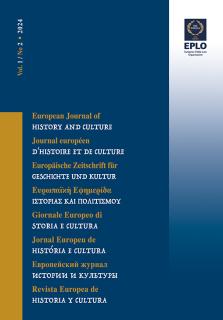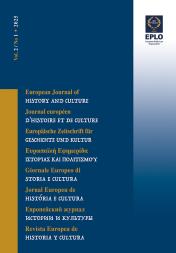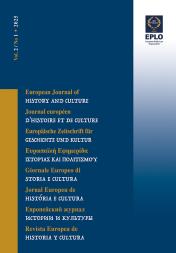
The Swedish Orientalist and Hellenist Jacob Jonas Björnståhl’s Journey to Greece in 1779 and his Significance for the Dissemination of Knowledge about the Country and its People
Vassilios Sabatakakis
Associate Professor in Modern Greek Studies at Lund University, Sweden
One of the most important travelers of the 18th century was Jakob Jonas Björnståhl. From a young age, he aspired to reach prominence in academic circles. Greek, Latin, and various Middle Eastern languages were part of his studies from the outset, and he distinguished himself by his enthusiasm, thirst for knowledge, and ability to quickly master diverse subjects, along with his encyclopedic education. He began his travels in 1767, visiting many European countries, where he explored universities, libraries, museums, and archaeological sites, while meeting influential people and numerous academics. He also spent three years in Constantinople, where he acquired a solid knowledge of Modern Greek. After careful planning, Björnståhl he decided to visit Greece. His trip he aimed to explore the monasteries of Meteora and their libraries, as well as to gain a deeper understanding of the country, its history and its people. In early 1779, he embarked on his Greek journey, which ended in July of the same year when he fell ill and died in Thessaloniki. Following the posthumous publication of his travel writings and their rapid translation shortly after into other languages, several European travelers were inspired to visit Thessaly, with the ultimate goal of seeing Meteora and its monasteries. In this way, the image of Greece and its people shifted in the European consciousness.
Keywords: Jacob Jonas Björnståhl; travel writing; Meteora monasteries; 18th century Greece



















